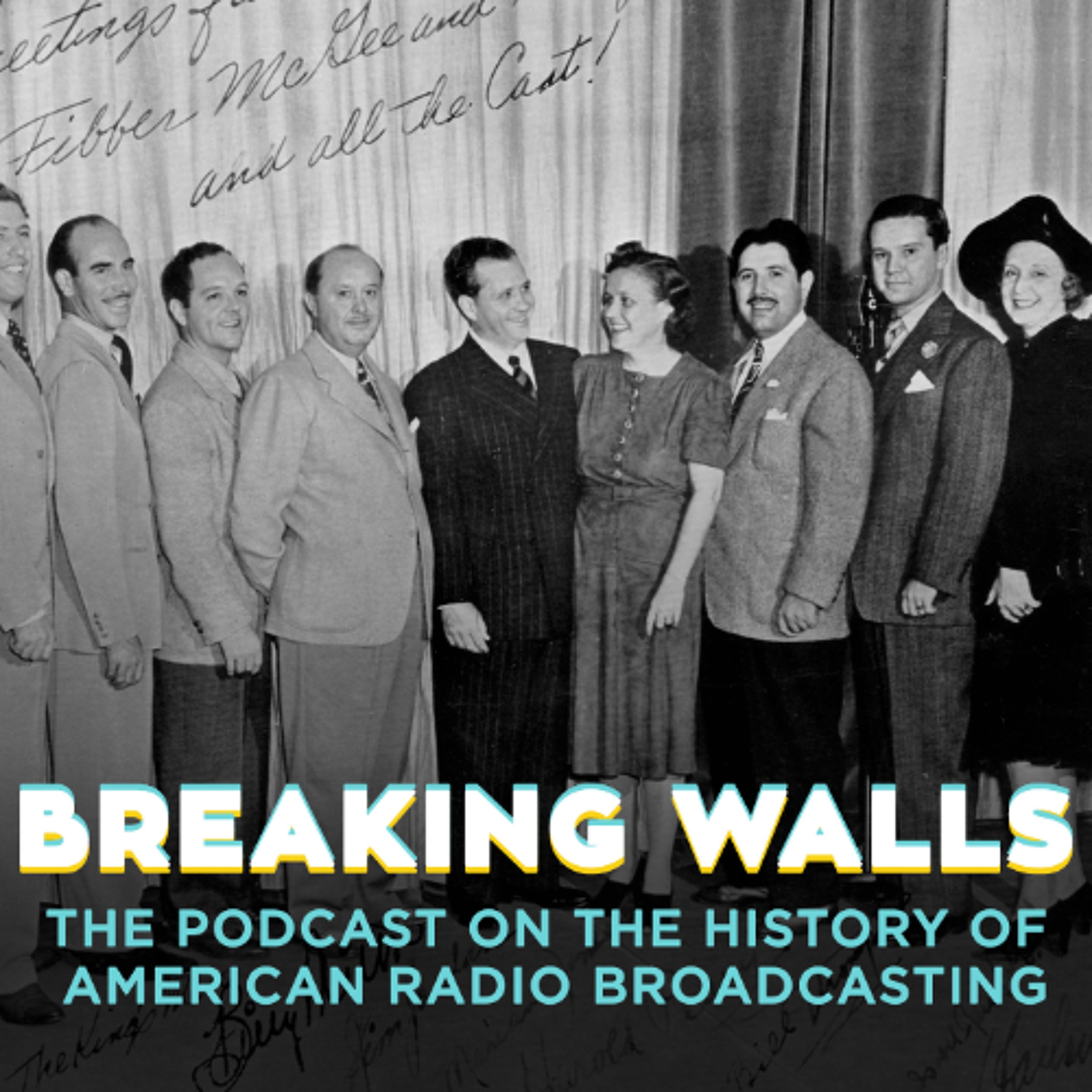Hal Peary was born Harrold José de Faria to Portuguese parents on July 25th, 1908. He was fourteen when, in January of 1923, he made his radio debut on KZM in Oakland.
By the late 1920s he was working for NBC in San Francisco. Migrating to Chicago in 1937, he soon became one of radio’s insiders, gaining a reputation as a top utility man.
In 1937 he joined the cast of Fibber McGee and Molly playing every kind of bit part imaginable.
In the late 1930s, Peary approached McGee’s head writer Don Quinn with an idea for a recurring role. He wanted to play a pompous windbag who himself ran the biggest bluff in Wistful Vista. He thought it would be the perfect foil for McGee.
Quinn was the kind of man who innately understood how to write for radio. For Quinn it was simply a matter of creating Throckmorton Gildersleeve, moving him to 83 Wistful Vista, and letting the fur fly.
Throckmorton P. Gildersleeve’s first appearance was on September 26th, 1939. Quinn knew the value of sarcasm in comedy. It was also later revealed that Gildersleeve’s middle name was “Philharmonic.”
By 1941 the character proved so popular that it was decided to spin Gildersleeve off into its own show. An audition was recorded on May 16th. Peary’s last regular appearance on Fibber McGee and Molly was on June 24th in a memorable scene. McGee and Molly are headed to Hollywood for the summer.
Oddly enough by the time they got back, it was Gildersleeve who’d permanently departed from Wistful Vista. Tragically, Gildersleeve’s sister and brother-in-law were killed in a car accident and he needed to go to Summerfield to oversee their estate and raise his orphaned niece and nephew, Marjorie and Leroy Forrester.
He left on August 8th, 1941, creating with him a new American concept: the sitcom spinoff. The show premiered at 2:30PM Pacific Time over KFI in Los Angeles, and at 6:30PM Eastern Time over WEAF in New York.
Kraft would sponsor the series. They signed on for thirty-nine weeks over twenty-eight NBC Red Network stations.
Gildersleeve’s first head writer was Leonard Levinson. The character’s long-running feud with Judge Hooker began right from this first train ride. Music was done by William Randolph’s orchestra. Cecil Underwood produced the show and Jim Bannon announced.
Radio legend Frank Nelson, then on twenty-nine, provided multiple supporting parts in this episode. Walter Tetley played Leroy and Lurene Tuttle played Marjorie.


 Play
Play
